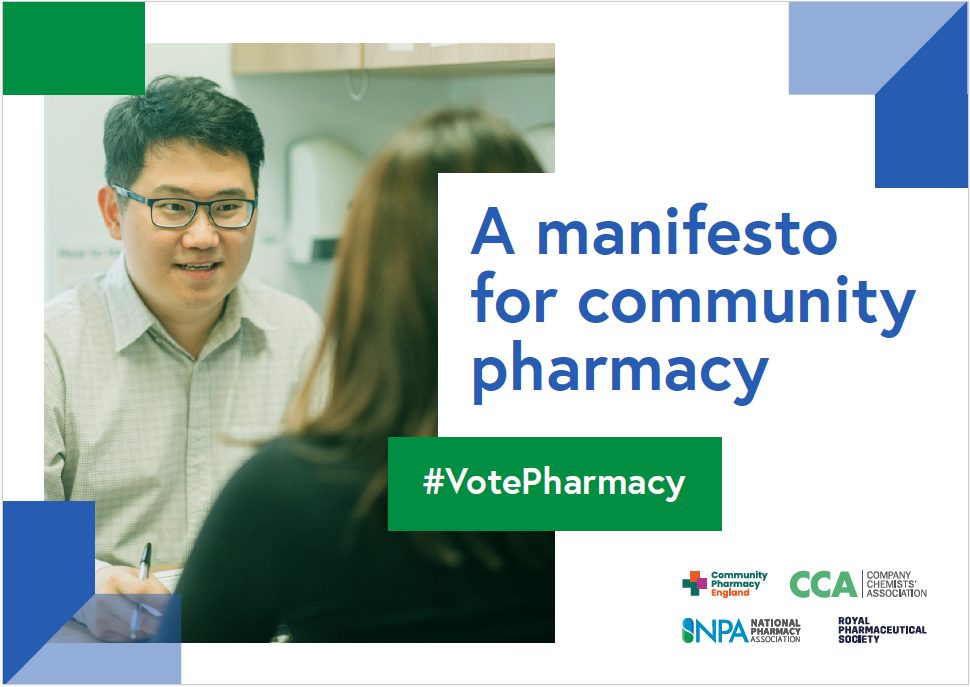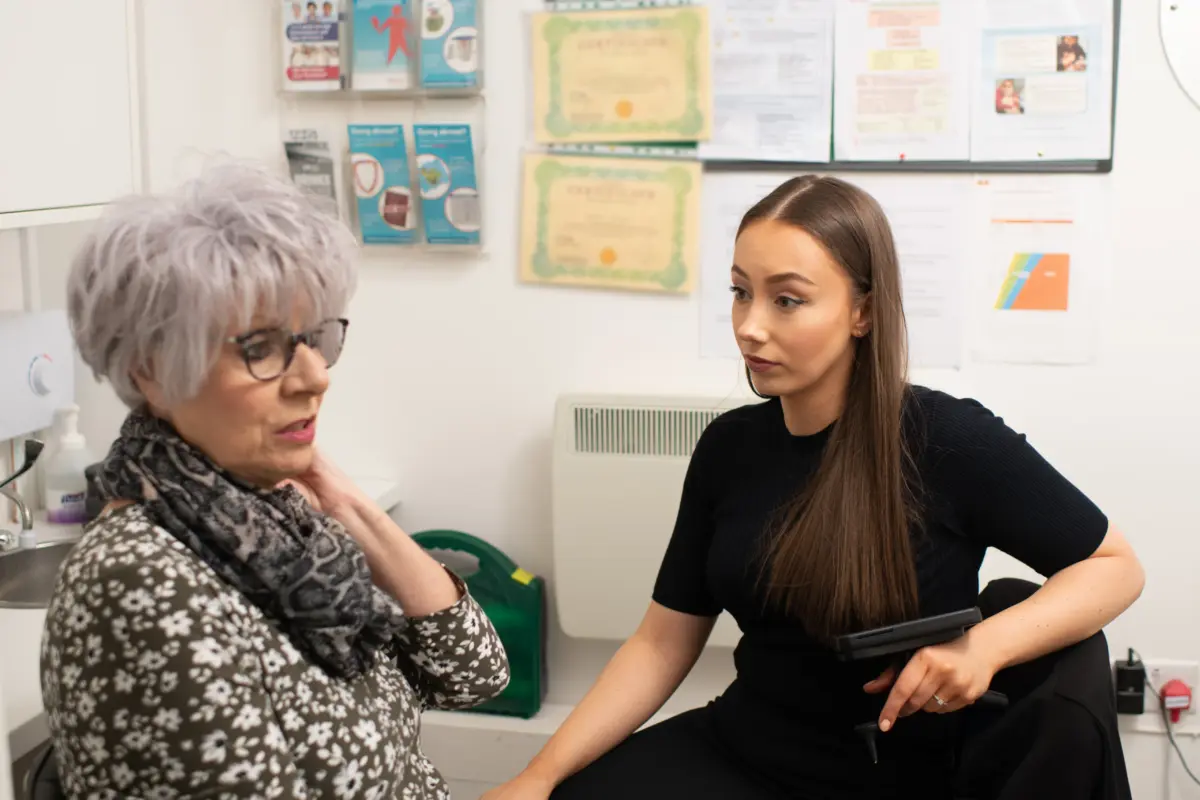Service case study: Community pharmacy teams reach out to young people with diabetes (October 2016)
Published on: 20th February 2017 | Updated on: 28th March 2022
Community pharmacy teams in Wiltshire have been taking part in a project designed to reach out to young people (aged 16-40) with type 1 or type 2 diabetes.
This cohort of patients was believed to have regular contact with their community pharmacy team when collecting repeat prescriptions, and this was seen as an opportunity to promote self-care and support young people with diabetes in accessing specialist services when appropriate.
How did the project start?
In 2013, community pharmacy teams in Wiltshire were commissioned to provide Medicines Use Reviews (MURs) to patients with diabetes, until this group of patients became part of a national target group (patients at risk of or diagnosed with cardiovascular disease and regularly being prescribed at least four medicines) in 2015. Commissioners had been impressed with the diabetes MUR service and were therefore keen for community pharmacy teams to build on their provision of services for patients with diabetes.
In Wiltshire, it was recognised that there was a low uptake of annual checks in patients with diabetes, especially in patients under the age of 40. In the Wiltshire Diabetes Summit 2014, Fiona Castle, Chief Officer of Swindon and Wiltshire LPC, suggested that these patients were likely to attend a community pharmacy regularly to collect their medication, and this interaction should be utilised to engage with them. She then wrote a business case and subsequently the service was commissioned.
The main selling point of the service was that it only involved health promotion, rather than disease management therefore it could be conducted by any member of the pharmacy team.
What did the project involve?
Community pharmacy teams identified eligible patients with diabetes from their Patient Medication Records and subsequently requested health promotion packs from Swindon and Wiltshire LPC, consisting of a Blue Book (a locally developed care plan book), links to two diabetes charities and a leaflet about driving with diabetes.
A brief intervention protocol was developed; which was used when the patient came to collect their repeat prescription. Pharmacy teams assessed patients’ levels of awareness and knowledge on the complications of diabetes, asked them whether they had received all of their annual check-ups and provided them with health promotion packs. If the patients were eligible, they were also invited for an MUR.
A separate protocol was designed if patients’ representative collected medicines on their behalf.
When patients or their representatives came to collect the next prescription (after 1-3 months), they were asked whether they had used the resources in the health promotion packs and what actions they had taken, for example, if they made any appointments for one of their annual care check-ups or had made lifestyle changes.
What does the evaluation show?
The evaluation shows that a significant number of patients had little, or no awareness of one or more of the long-term complications of diabetes, such as kidney disease, retinopathy and cardiovascular disease. Foot screening was the least likely of the annual checks to be reported as completed, and 22% of patients engaged in this project were identified as smokers.
Only 13 patients reported that they had received the structured educational training available for patients with diabetes in Wiltshire. Of these:
- 5 individuals described ‘structured training’ as regular appointments or being given a booklet; and
- 8 individuals had attended actual structured training. Of these, 5 reported actively managing their condition or lifestyle, and 3 did not appear to have been receptive to the training.
After the follow up, 31% of patients had completed the additional care processes and 19% made an active change in their lifestyle and diabetes management.
The interventions in this project were generally successful and were welcomed by patients and their representatives.
More information on this service, including the final report, can be found on the Swindon and Wiltshire LPC website. Alternatively, information on this service and other diabetes support services can be found on the Community Pharmacy England Services Database.











